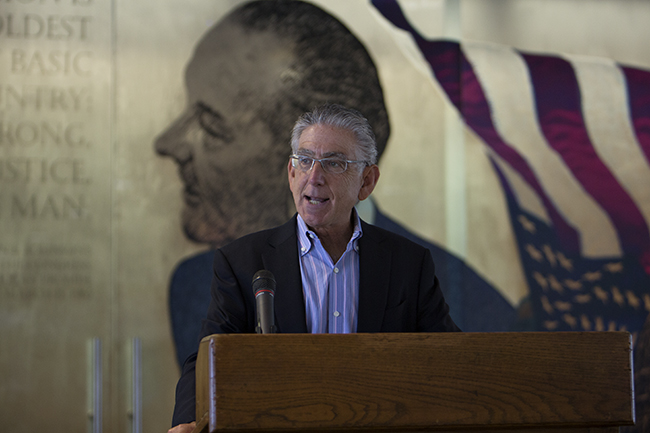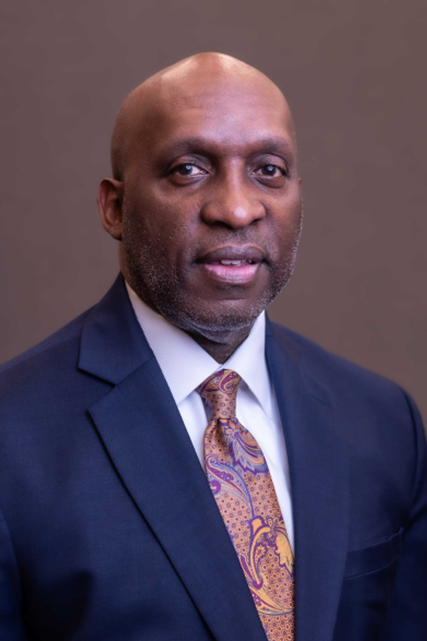Failures in U.S. and European fiscal policy must be addressed in order to regain democracy and stimulate economic recovery, according to Phil Angelides, former chair of the Financial Crisis Inquiry Commission.
Angelides spoke at the two-day conference “Eurozone and the Americas: Debt and Democracy” conference, hosted by the Lyndon B. Johnson School of Public Affairs.
According to Angelides, the 2008 financial crisis was the result of reckless lenders and borrowers and dramatic failures of supervision and regulation.
“The financial system was largely designed to create capital for wealth creation and development,” Angelides said. “And, in fact, when I was investigating the cause of the financial crisis, I saw something quite different. I saw the enormous power of financial institutions and the crudity with which they wielded their power.”
Angelides said that in order to reform the financial system, we must develop a commitment to justice and accountability where there is wrongdoing.
“We must exact from financial executives a price for committing wrongdoing,” Angelides said. “We must repurpose our financial system to be the servant and not the master of our global economy.”
Other steps include regulation that puts significant restraints on risk-taking and improvements to debt restructuring, Angelides said.
“Unabashedly, we need to find ways politically to launch a new era of investment,” Angelides said. “We must mobilize public will to build an economy of enduring strength. This can be achieved through investments in education to pursue prosperity and the new green economy to fight climate change.”
Government professor James Galbraith established the conference to bring policy experts together to discuss challenging issues.
“I am acting as a convener and … bringing to this University some truly extraordinary people with truly extraordinary records in the field,” Galbraith said.
Ilse Oehler, public affairs doctoral student and event attendee, said the financial crisis is too complicated to be able to narrow down a solution that would fix all problems.
“The straight solution of regulations doesn’t necessarily address the underlying issues,” Oehler said. “There is not a ‘one size fits all’ solution.”
Because there is no one solution that encompasses all problems, Oehler suggested looking to other countries to learn about alternative solutions.
“We can always learn from other countries and how they prioritize their political goals and the way they organize their economy,” Oehler said. “By learning how other people prioritize differently, you can always see some different results.”




















